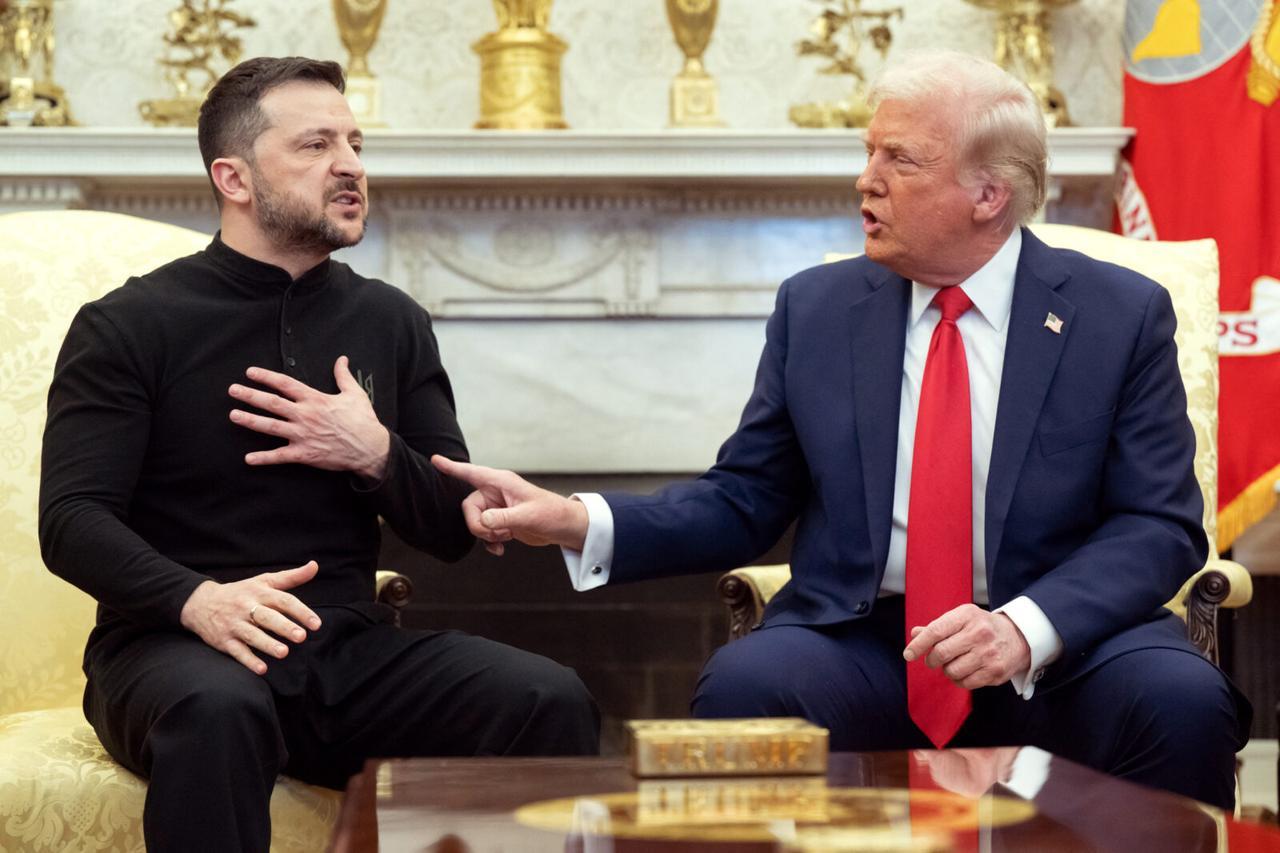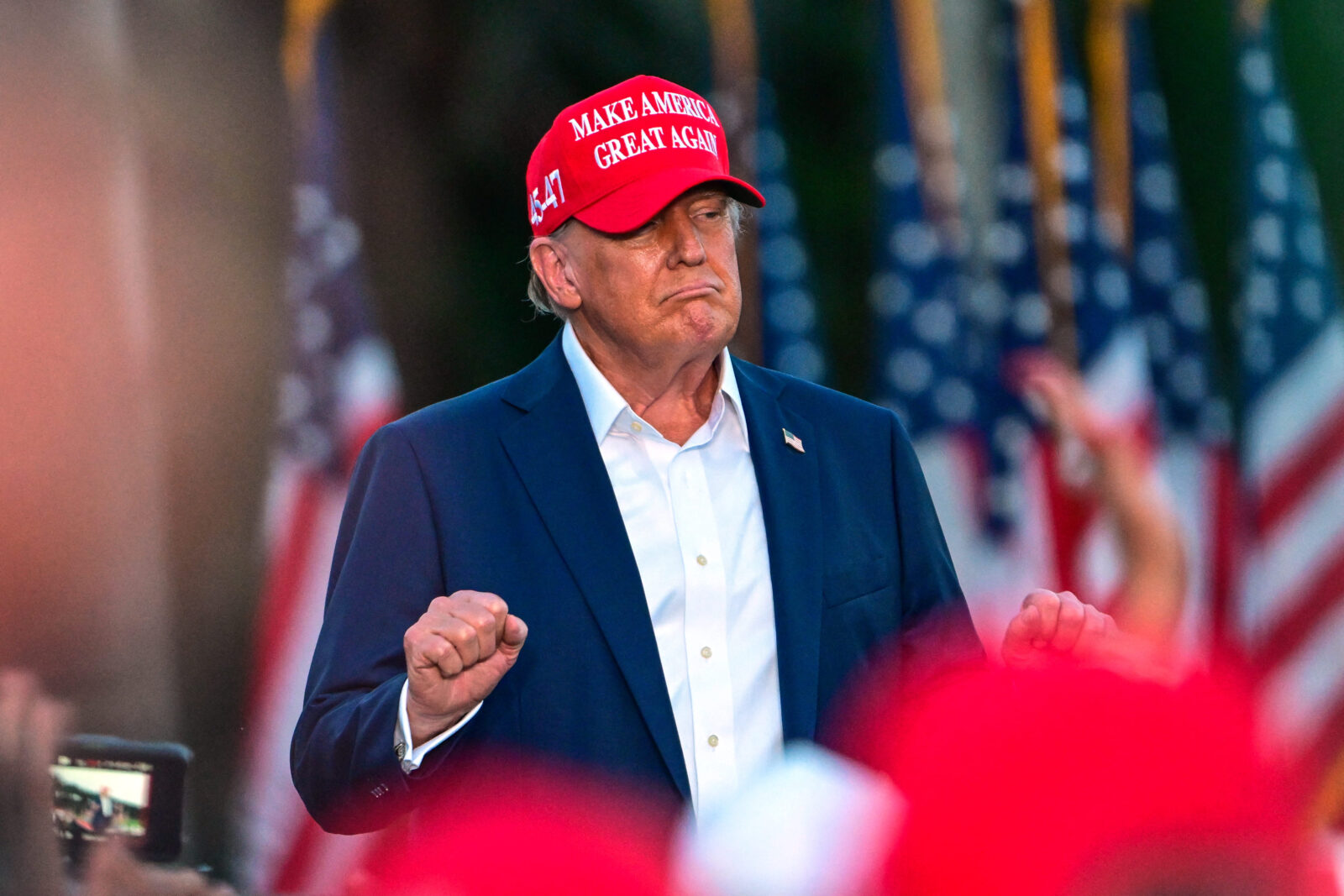
The Ukrainian parliament voted Thursday to approve a controversial economic partnership with the United States, granting America access to Ukraine's valuable mineral resources while establishing a joint reconstruction investment fund.
The agreement passed with overwhelming support, with 338 of 400 lawmakers voting in favor after heated debate that highlighted concerns about undisclosed aspects of the deal.
The American-Ukrainian Reconstruction Investment Fund will be financed equally by both nations through various mechanisms, including profits from mining and energy development. The partnership aims to help rebuild Ukraine after three years of war while giving the U.S. access to critical minerals essential for modern technology manufacturing.
"Trump believed [the deal] would create more leverage for him with the Russian leadership when it was time to go to them," U.S. Treasury Secretary Scott Bessent said at the Milken Institute Global Conference on Monday. "The idea was to start with Ukraine, sign the deal that shows the U.S. is still there. It would be a symbol to the American public, skeptical of more financial commitments, that it was possible to have a shared prosperity with Ukraine."
The ratification comes after representatives for Ukrainian President Volodymyr Zelenskyy and U.S. President Donald Trump signed the minerals agreement last week, following months of difficult negotiations that reportedly included a confrontation between the two leaders in the Oval Office.

Relations between the countries have been strained since Trump returned to the White House in January. The president temporarily suspended military aid to Ukraine and, along with close allies such as Elon Musk and Vice President JD Vance, has sometimes echoed Russian narratives about the conflict.
Ukrainian officials hope the ratification will usher in improved relations with the Trump administration as they continue to face Russian aggression, similar to how Türkiye has navigated its complex relationships with both Washington and Moscow in recent years.
Opposition lawmakers voiced concerns that the Ukrainian government refused to disclose two technical agreements referenced frequently in the main deal.
A spokesperson for Ukraine's Deputy Prime Minister Yulia Svyrydenko explained that these agreements "are not ready yet." Svyrydenko clarified at a Thursday briefing in Kyiv that these will be commercial agreements requiring signatures from the U.S. International Development Finance Corporation and Ukraine's Public-Private Partnership Agency.
Before voting to ratify, legislators added provisions specifying that the agreement covers all Ukrainian territory, including areas currently occupied by Russian forces, according to opposition MP Iryna Gerashchenko. They also added language clarifying that ratification of the main agreement does not automatically approve the undisclosed technical agreements.
Ukraine initially sought security guarantees and new aid in exchange for mineral access, but the negotiations shifted significantly.
"Sometimes after the blowup, you end up with a better deal," Bessent said. "I think it is a win-win. What it is not is 'sign here and it is a loan-to-own. You're going to default on the debt, we're going to own all your minerals.' This is an economic partnership. They put assets, we put in capital from DFC, it's 50/50. It's equity, not debt."
The compromise ultimately eliminated debt obligations for Ukraine and established what officials describe as an equal partnership, including potential new weapons sales. However, the agreement lacks clear security guarantees as Russia's invasion continues.
U.S. Charge d'Affairs Julie S. Davis, who attended parliamentary committee meetings reviewing the deal, emphasized that President Trump envisions the partnership as demonstrating both nations' commitment to lasting peace and prosperity in Ukraine.